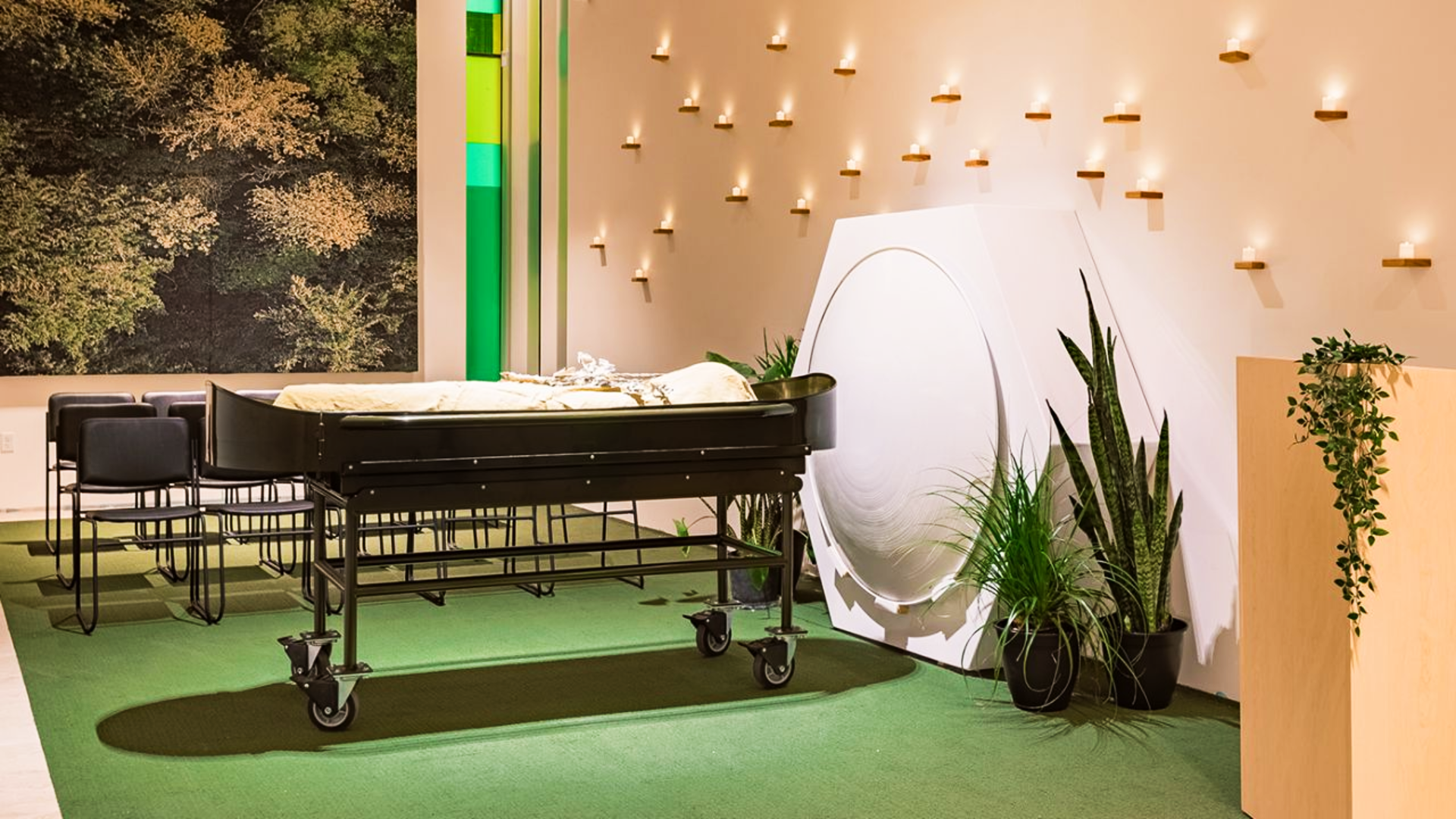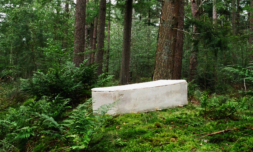The state of California has become the fifth to legalise burial processes that naturally reduce human remains to fertile soil. The idea is becoming increasingly popular and the reality is way greener than cremation.
If you weren’t already thinking about death on this glum Tuesday afternoon, we’ve got your back – not like the Grim Reaper.
We’ve previously discussed the idea of ‘human compost’ at length, which if you didn’t know is exactly as it sounds.
A green alternative to current methods of body disposal, like cremations or coffin burials, this innovative (and granted, barmy) process involves converting our dead into fertile soil which can be put to good use. From dirt to dirt, and all that.
This is achieved by placing the deceased in a steel box and covering them with biodegradable material such as wood chips, straw, and flowers. Over the following 30 to 60 days, the body will naturally break down into a form of nutrient soil before being returned to relatives or donated.
Compared to cremations, which account for over half of our send-off ceremonies, the whole process releases far less carbon dioxide and harmful chemicals into the atmosphere.
It also avoids taking up agricultural space, with approximately 140,000 acres in the US dedicated to cemeteries alone. Not to mention the sizable amounts of embalming fluid, steel, and concrete that mess with the ground’s organic balance.




















